Rapporten
Rapporten geschreven door Probos zijn online in te zien en te downloaden.
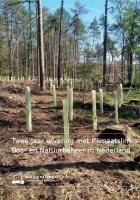
Twee jaar ervaring met Klimaatslim Bos- en Natuurbeheer in Nederland
Bas Lerink, Mart-Jan Schelhaas, Sandra Clerkx, Paul Copini, Jeroen Veraart, Gert-Jan Nabuurs (Wageningen Environmental Research), Jan den Ouden, Ute Sass-Klaassen, Fred Kistenkas, Bart Kruijt (Wageningen University), Martijn Boosten, Jasprina Kremers, Anne Reichgelt, Joyce Penninkhof, Jan Oldenburger (Stichting Probos), Martijn Snoep (Face the Future), Harrie Hekhuis, Casper de Groot (Staatsbosbeheer), Gerard Koopmans, Dennis Lindenbergh, Wouter Delforterie (Bosgroep Midden Nederland), Vincent Lokin (Arboribus Silva), Wytze van der Gaast (JIN Climate and Sustainability), Paul Vertegaal (Natuurmonumenten), Guido Enthoven (Instituut Maatschappelijk Innovatie), Daan Groot (Natuurverdubbelaars), Mark Brunsveld (VBNE), Simone Groenendijk (Trees for all), Piet Rombouts (Rombouts Agro-Ecologie), Marc Buiter (Stichting Voedselbosbouw), Irma Corten (Zilverberg Advies), Rene Klaassen (Stichting Hout Research), Eric de Munck (Koninklijke Vereniging Van Nederlandse Houtondernemingen), Paul van den Heuvel (Centrum Hout), David Borgman(Borgman Beheer Advies), Peter Derksen(Stichting Nationale Boomfeestdag), Ton van Korven(ZLTO), december 2020
In het Klimaatakkoord is de ambitie opgenomen voor een additionele CO2-vastlegging van 0.4–0.8 Mton/jr in bos en natuur in 2030. Om deze ambitie te realiseren, is ervaring nodig met maatregelen voor klimaatslim bos- en natuurbeheer.
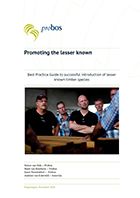
Promoting The Lesser Known
Sietze van Dijk, Mark van Benthem, Joyce Penninkhof (Probos), Andries van Eckeveld (Innovita), December 2020
Best Practice Guide to successful introduction of lesser known timber species
This Best Practice Guide “Promoting The Lesser Known” is an outcome of the project ‘Market introduction of Surinamese Lesser Known Timber Species (LKTS) in Europe’. The aim of the project is to strengthen sustainable management of Suriname tropical forests by: i) bringing more balance in the forest composition and the tree species to be harvested; ii) increasing the economic value of these forests and iii) creating a market for quality timber in line with its potential uses.
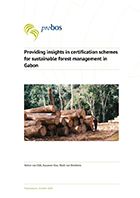
Providing insights in certification schemes for sustainable forest management in Gabon
Mark van Benthem, Sietze van Dijk, Suzanne Stas, October 2020
Client(s): Union des Forestiers et Industriels du Bois du Gabon (UFIGA)
In 2018, Gabon’s president announced that all forest concessions in the country should be certified by the Forest Stewardship Council (FSC) standard by 2022. A challenging ambition. Since the announcement, the forest sector in Gabon has been strongly mobilised, aiming at gathering and sharing of knowledge and information on the various certification schemes for sustainable forest management.
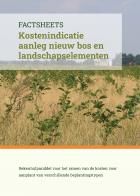
Factsheets Kostenindicatie aanleg nieuw bos en landschapselementen
Jan Oldenburger, Anne Reichgelt, Sander Teeuwen, oktober 2020
De factsheets zijn een rekenhulpmiddel voor het ramen van de kosten voor aanplant van verschillende beplantingstypen. Verschillende partijen hadden behoefte aan een verbeterd inzicht in de kosten die gepaard gaan met de ambities ten aanzien van het uitbreiden van het bosareaal, boscompensatie en de aanleg van de verschillende landschapselementen.
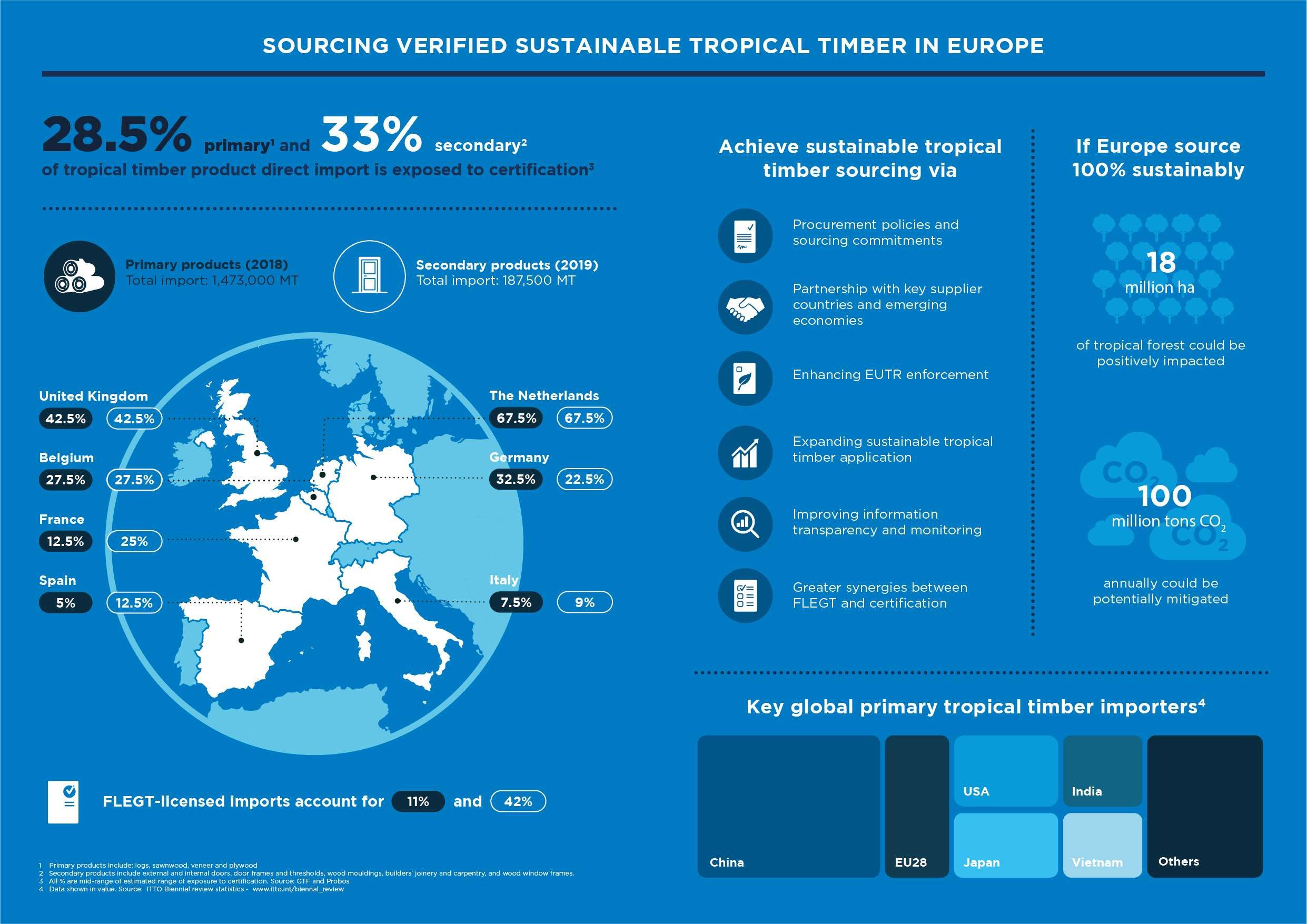
Report: Understanding sustainable secondary tropical wood products through data
George White (GTF), Mark van Benthem (Probos), Jan Oldenburger (Probos) & Sander Teeuwen (Probos), October 2020
Commissioned by:
IDH, the Sustainable Trade Initiative
If the EU27+UK would source 100% verified sustainable tropical timber products, it would positively impact over 18 mill ha semi and natural tropical forests and reduce CO2 emissions by at least 100 million metric tons. These are the main findings of our latest market data report developed with the Global Timber Forum and IDH, the Sustainable Trade Initiative, breaking new ground regarding secondary timber products.
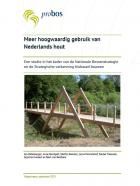
Meer hoogwaardig gebruik van Nederlands hout
Jan Oldenburger, Anne Reichgelt, Martijn Boosten, Joyce Penninkhof, Sander Teeuwen, Jasprina Kremers en Mark van Benthem, september 2020
In de Bossenstrategie wil men voor gebruik van hout uitgaan van cascadering waarbij hoogwaardige toepassingen worden bevorderd en na hoogwaardige en circulaire toepassing alleen nog beperkt kleinere reststromen overblijven voor energieproductie. Op basis van het huidige oogstaandeel van de bijgroei lijkt er ruimte voor een lichte stijging van de houtoogst in het Nederlandse bos.